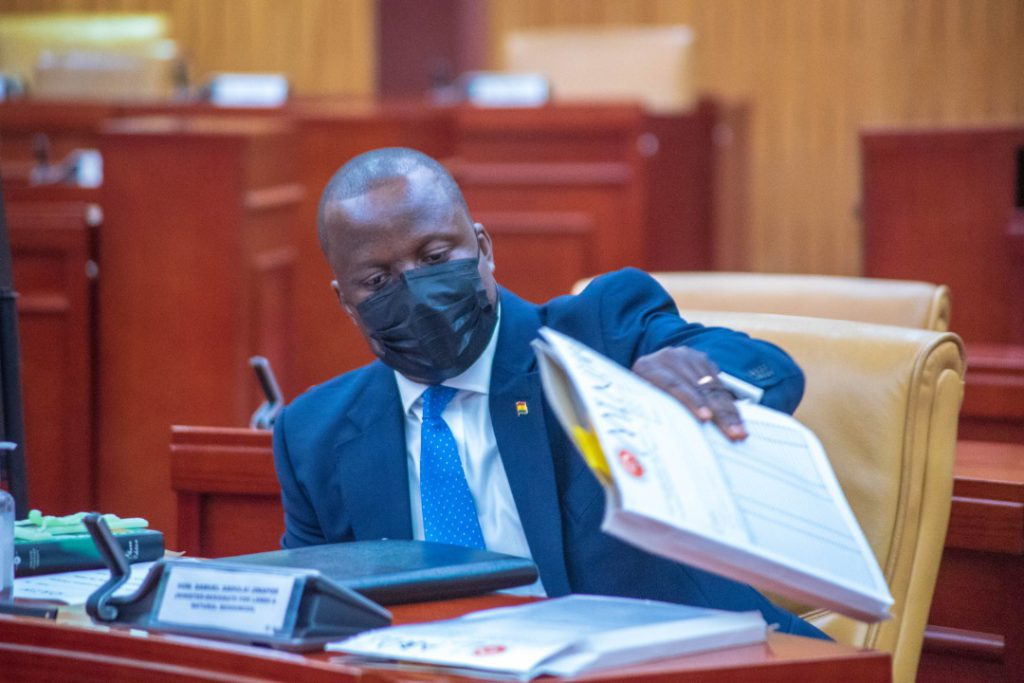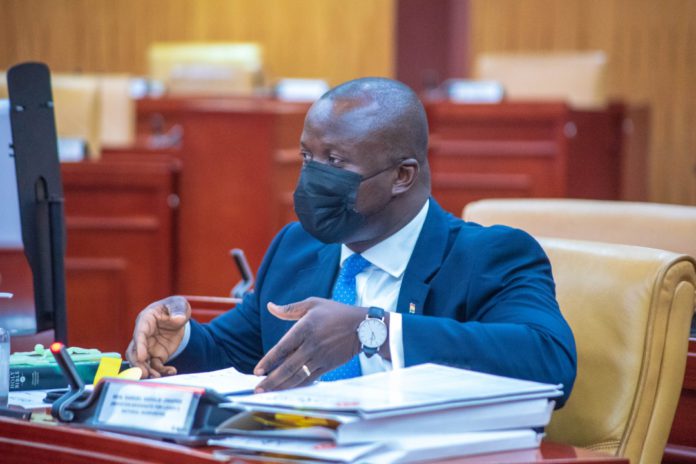In every enterprise of life, only those who come along with unique plans and strategies succeed and same can be said of governance even at its minutest level.
In the ongoing vetting of ministerial nominees by Parliament’s Appointment Committee, a number of nominees have impressed the public while public opinion hasn’t favoured many others.
For those who have impressed the public, they have done so because of their eloquence or through their display of knowledge about the portfolios they are about to have.
The fact, however, is that to be successful in a particular position takes more than just eloquence and the display of knowledge.
Every successful person must have objects that are SMART and one person who came across during his vetting as possessing such a plan was minister-designate for Environment and Natural Resources, Samuel Abu Jinapor.
By the way, the word ‘SMART’ as I have written is a global objective-setting acronym drawn from the words – Specific, Measurable, Achievable, Relevant and Time-bound.
Indeed, as I have said above, Mr Jinapor was one nominee whose plans as he unveiled before parliament, had all these elements written all over them.

Take for instance his plan to plant 100 million trees annually as a way of combating deforestation and increasing the country’s forest cover, which has been badly affected by illegal lumbering and mining activities.
It is the kind of goal-setting and problem-solving approach that communicates his intentions in a ‘smart’ way, a model that must be demanded of everyone who aspires to occupy a high office in our land.
In that proposition, Mr Jinapor was unambiguous in telling the people’s representative about his way of tackling a problem he has identified.
What he has also done was to be ‘Specific’ in how he intends to approach the problem – planting of trees – in a way that can be ‘Measured’ because of its specificity – 100.
The element of ‘Relevant’ lies in the problem – deforestation – and the fact that planting of trees is an accepted way of addressing same.
As was also said, Mr Jinapor’s proposition to tackle the problem is ‘Time’-bound as he intends to plant the 100 million trees annually.
Are his propositions ‘achievable’? That is where the problem should be but no! Again, he leads the Committee in on how he intends to achieve his proposal.
Take for instance his comments that: “Hopefully, the Asantehene, Otumfuo Osei Tutu II, will plant a tree, hopefully, His Majesty Ya Na Abukari II, the Overlord of Dagbon will plant a tree and Mr Chairman himself will also plant a tree in Parliament and about, say, 5 million of Ghanaians will plant a tree. I think we should be able to plant 100 million a year”.
This must be a man who knows how to achieve his set objectives if he sticks by them by reviewing them daily.
The ‘100 million trees’ example is just a way of illustrating the SMART model but if one were to take time to listen to his vetting again, one can only conclude that this is a man who has a plan for the position he’s about to occupy.
But, as it is with all such positions, he requires Ghana’s support because as said by him, “these are my ideas, this is my reflection [and] they are subject to cabinet approval and in some cases, they will be subject to parliamentary approval so I may think it is a brilliant idea I may go to the cabinet and it may be shot down so the back will not stop with me but I think it’s a noble idea, I think it will help”.
Like eagles, however, we shall wait to see how Mr Abu Jinapor implements these lofty ideas.

